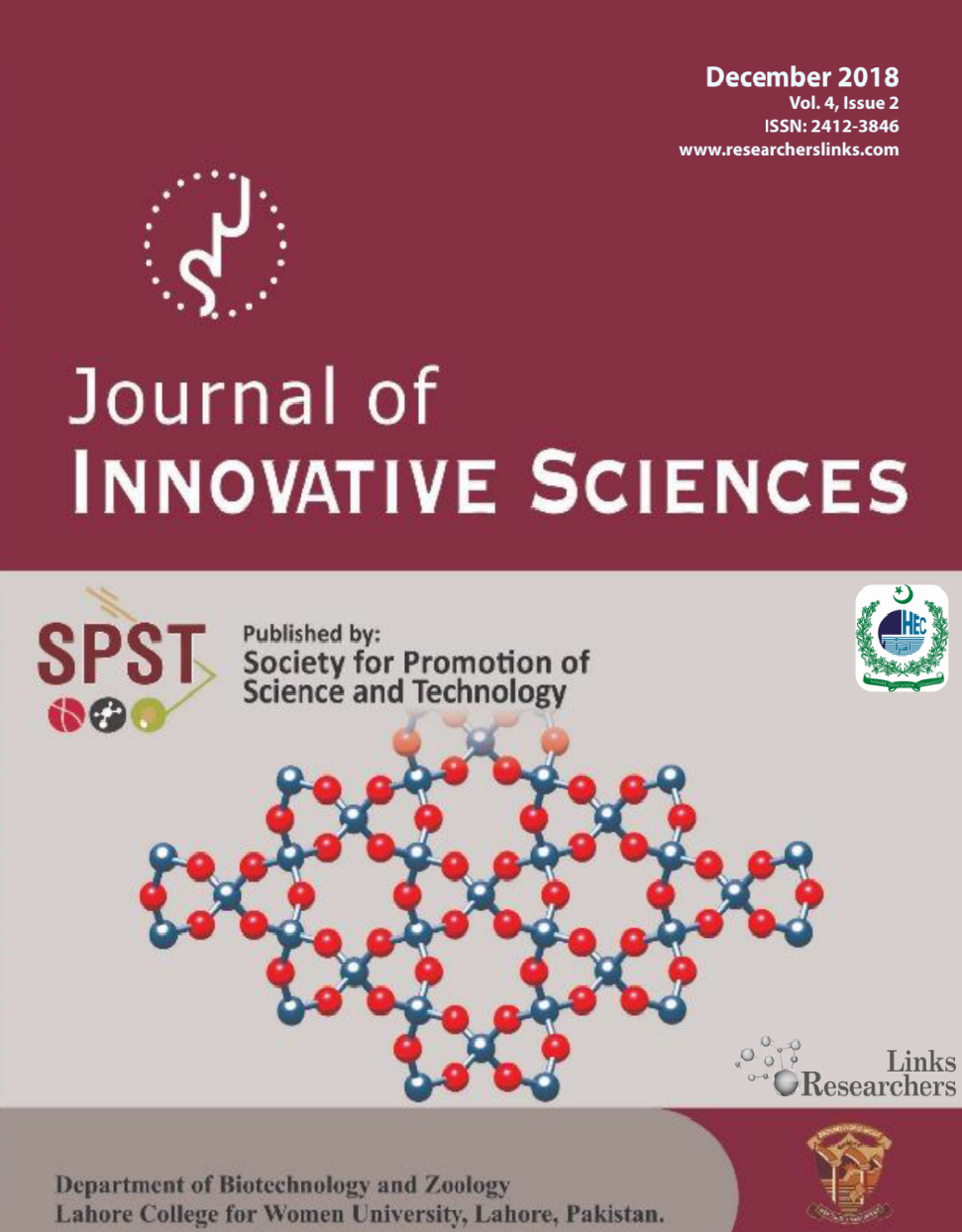Syed Turab Raza1,*, Zhu Bo1,*, Zulfiqar Ali2 and Tang Jia Liang3
Korkmaz Bellitürk1, Zubair Aslam2, Ali Ahmad2* and Sami ur Rehman2
Ali Ahmad1*, Zubair Aslam1, Korkmaz Bellitürk2, Naeem Iqbal3, Muhammad Idrees3, Muhammad Nawaz4, Muhammad Yasir Nawaz5, Muhammad Kashif Munir6, Ahmad Kamal1, Ehsan Ullah1, Muhammad Ahsan Jamil1, Yousuf Akram1, Tanveer Abbas1 and Muhammad Mohsin Aziz1
Ali Ahmad1*, Zubair Aslam1, Korkmaz Bellitürk2, Ehsan Ullah1, Ali Raza1 and Muhammad Asif3
Featuring
-
Extraction and Application of Turmeric Dye on Silk Fabric
Shama Sadaf, Ayesha Saeed, Komal Hassan, Zeeshan Ahmad and Maha Naeem Butt
Journal of Innovative Sciences, Vol.10, Iss.1, Pages 1-6
Subscribe Today
Receive free updates on new articles, opportunities and benefits

© 2024 ResearchersLinks. All rights Reserved. ResearchersLinks is a member of CrossRef, CrossMark, iThenticate.


